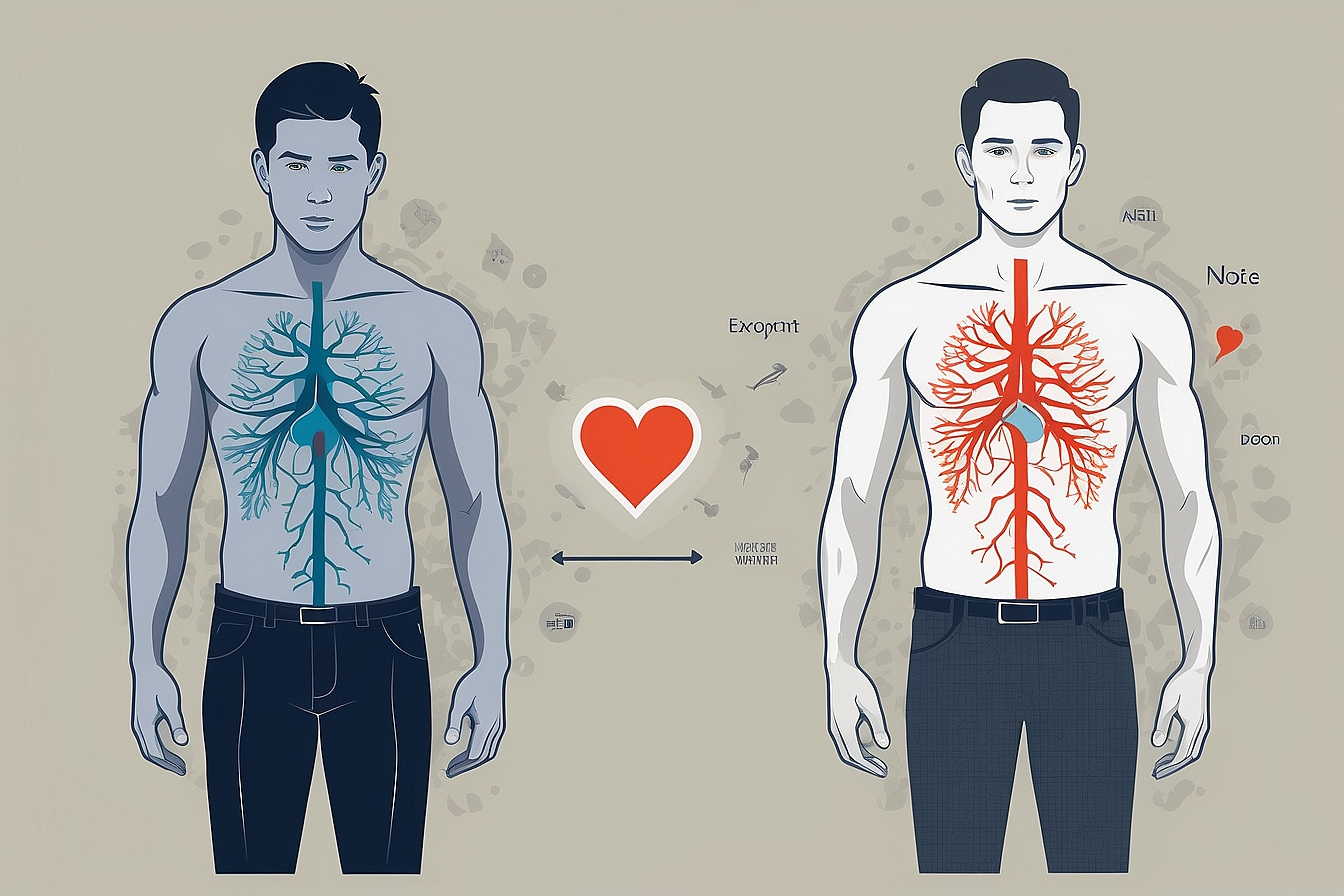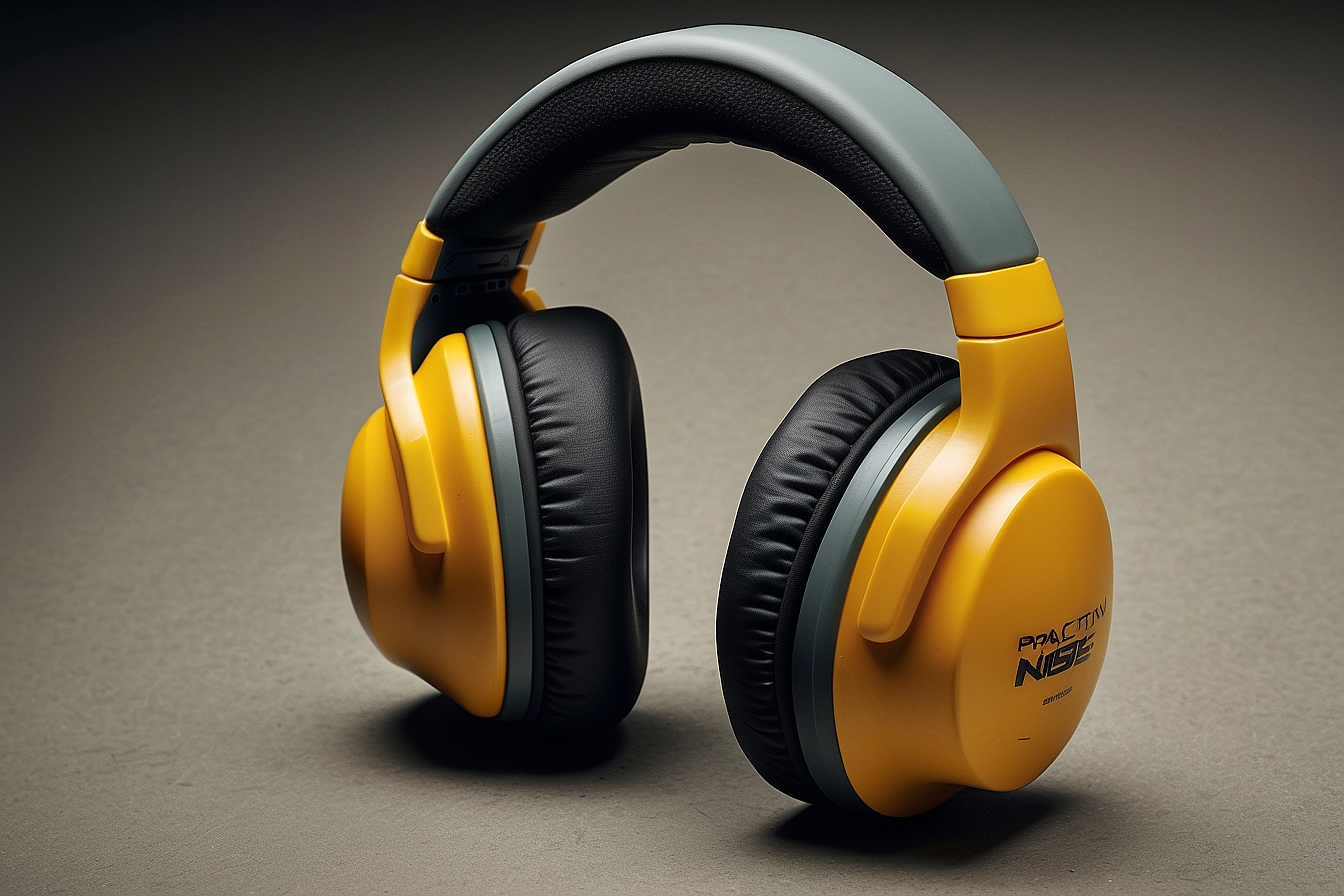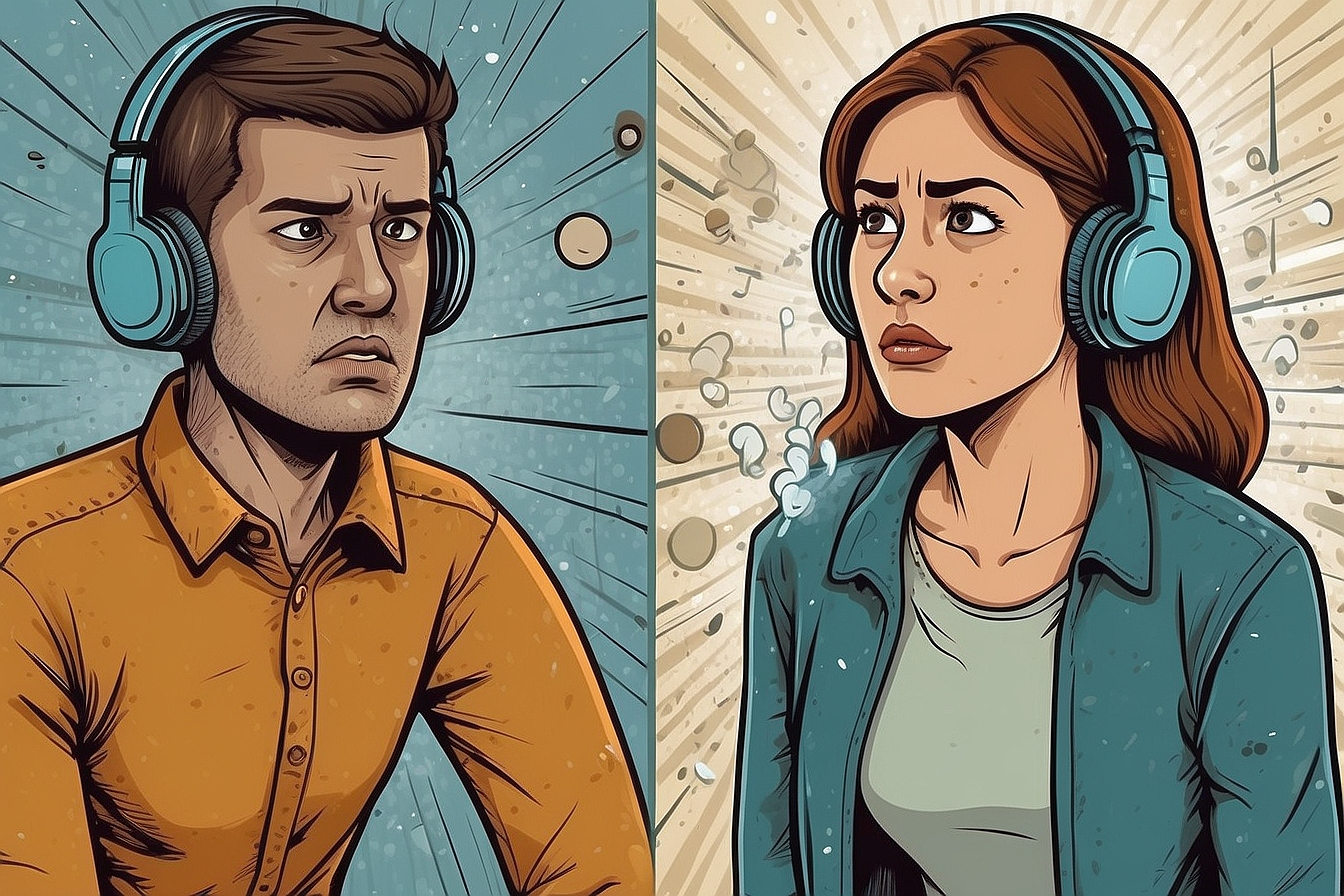
Have you ever tried to concentrate in a noisy environment, like a bustling cafe, and found your ears and mind wandering? Or maybe you’re the type who thrives amidst background noise and music? Our sensitivity to sound is closely tied to our personality and how we perceive and react to the world around us.
Consider this scenario:
Julia, an introvert, was studying for an important test in the library. The once quiet space was gradually filling with the murmurs of conversation and clicking keyboards. She could feel her concentration slipping as the noise levels increased. Frustrated, Julia put in her ear plugs and immediately felt a sense of relief and her focus returning.
Across the room, her extroverted friend Sam didn’t seem bothered at all by the rising din. In fact, the ambient sounds gave Sam a subtle energy boost and connection to his surroundings that he enjoyed while working.
This tale illustrates the core difference in how introverts and extroverts experience and respond to noise—a phenomenon extensively researched in social psychology. Groundbreaking research has illuminated the effects of noise on these personality types’ subjects’ arousal, mood, and, most importantly, cognitive performance on crucial tasks.
The effects of noise go beyond mere annoyance or distraction. As the findings presented in this article demonstrate, noise can have profound physiological and psychological impacts that manifest in distinct ways for introverts and extroverts. From the biological basis of noise sensitivity to its influence on mental performance, this research underscores the importance of considering individual differences when creating optimal learning, working, and thriving environments.
Let’s delve into the remarkable data and insights that unveil how differently noise shapes the experiences of these two personality groups…
Background on Personality Types

According to Eysenck’s personality theory, individuals can be broadly characterized as either introverts or extroverts. Introverts tend to be more reserved, inward-focused, and easily overstimulated by external factors. In contrast to introverted, extroverts are more outgoing and gregarious and thrive on higher levels of stimulation and arousal.
A key aspect of this theory is that introverts generally exhibit less inhibition of their arousal response to external stimuli like noise. In other words, noisy environments trigger heightened higher physiological activation and arousal in introverts than extroverts.
Experiment 1 Overview
In the first experiment, the researchers examined the effects of white noise on introverts and extroverts. Participants were exposed to either a quiet condition with a volume of 45 dB or a noise condition with a volume of 60 dB of white noise.
Several measures were used to assess the impact of noise:
- Pulse rate to gauge physiological arousal
- Performance on a reading comprehension task
- Self-reported subjective activation and deactivation levels
- Scores on a Preference for Noise Scale to measure habitual noise tolerance
Key Findings from Experiment 1
The results revealed distinct differences between introverts and extroverts in their responses to noise:
- The 60 dB noise condition increased physiological arousal, as seen in pulse rate, for introverts but not for extroverts.
- Noise significantly impaired introverts’ reading comprehension task performance, while extroverts’ performance was unaffected.
- In contrast to the arousal findings, extroverts reported feeling more subjectively deactivated under noise conditions compared to quiet.
- Introverts scored higher on the Preference for Noise Scale, indicating a greater habitual dislike of noisy environments in their daily lives.
These findings align with Eysenck’s theory, demonstrating that noise has a more pronounced arousal effect on introverts, which can negatively impact cognitive tasks like reading comprehension. The results also suggest that extroverts may subjectively experience noise as more calming or deactivating than many introverts.
Experiment 2 Overview
In the second experiment, the researchers investigated the effects of patterned noise on state anxiety and aggressiveness in introverts and extroverts.
The noise condition involved exposure to a 70 dB recording of garbled speech created by superimposing three different radio talk recordings. This patterned noise was compared to a quiet condition of listening to 45 dB of white noise.
Two measures were used:
- The State-Trait Anxiety Inventory (STAI) to assess levels of state anxiety
- A word association test, where participants provided associations to neutral and aggressive words, which was scored to measure aggressiveness
Key Findings from Experiment 2
Unlike the first experiment, the effects of noise were not as differentiated between personality types:
- The patterned noise condition led to significantly increased state anxiety scores on the STAI for both introverts and extroverts compared to the quiet condition.
- However, according to the word association test, the noise did not affect either personality type’s aggressiveness levels.
These results suggest that while patterned noise elevated anxiety regardless of personality, it did not heighten aggressive tendencies or associations in this study. The lack of interaction with introversion/extroversion implies different mechanisms may underlie the effects of noise on anxiety versus cognitive performance deficits observed in Experiment 1.
Conclusions

The two experiments demonstrate that even moderate noise levels can have detrimental effects, especially for introverts. Here are the key takeaways:
- Noise elevates physiological arousal and impairs cognitive performance on tasks like reading comprehension for introverts but not extroverts. Introverts appear to experience an excessive arousal response to noise that disrupts focus and mental processing.
- While patterned noise increased state anxiety across both personality types, the effects on arousal, cognitive deficits, and self-reported noise sensitivity were more pronounced in introverts.
- Extroverts showed signs of subjective deactivation or calming under noise conditions compared to quiet environments.
These findings underscore the importance of considering individual differences in noise sensitivity. What may be a relatively benign ambient noise level for some could significantly impair cognitive functioning and well-being for others, especially introverts.
From classroom settings to open office plans, the research indicates the need to provide quieter, lower-stimulation environments that allow noise-sensitive individuals to hear, learn, and work without excess arousal or distraction. Simple interventions like noise-canceling headphones or designated quiet zones could go a long way.
Likewise, being aware of human personality differences can inform better environmental design and noise regulation policies to accommodate various needs and sensitivities. The ultimate goal is to create conditions that optimize performance and comfort for all.







Leave a Reply